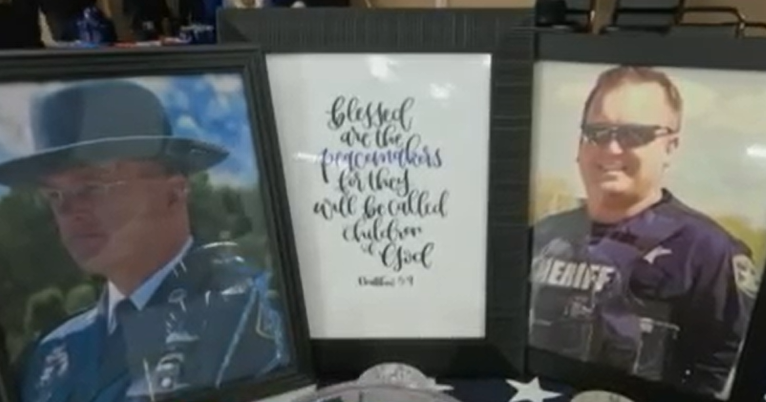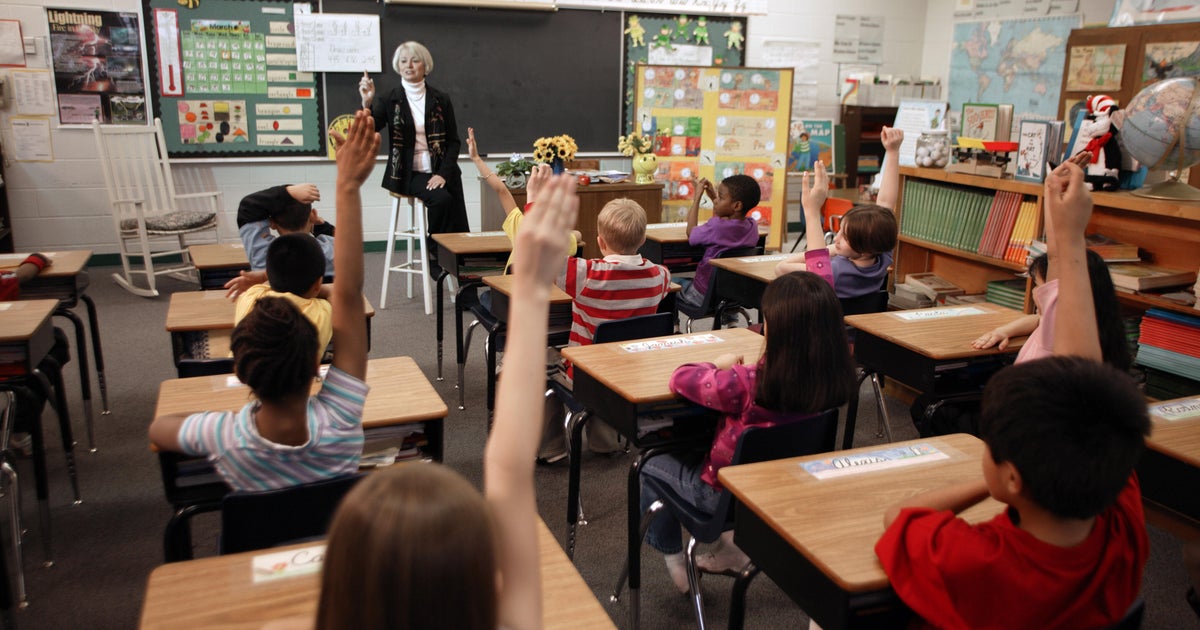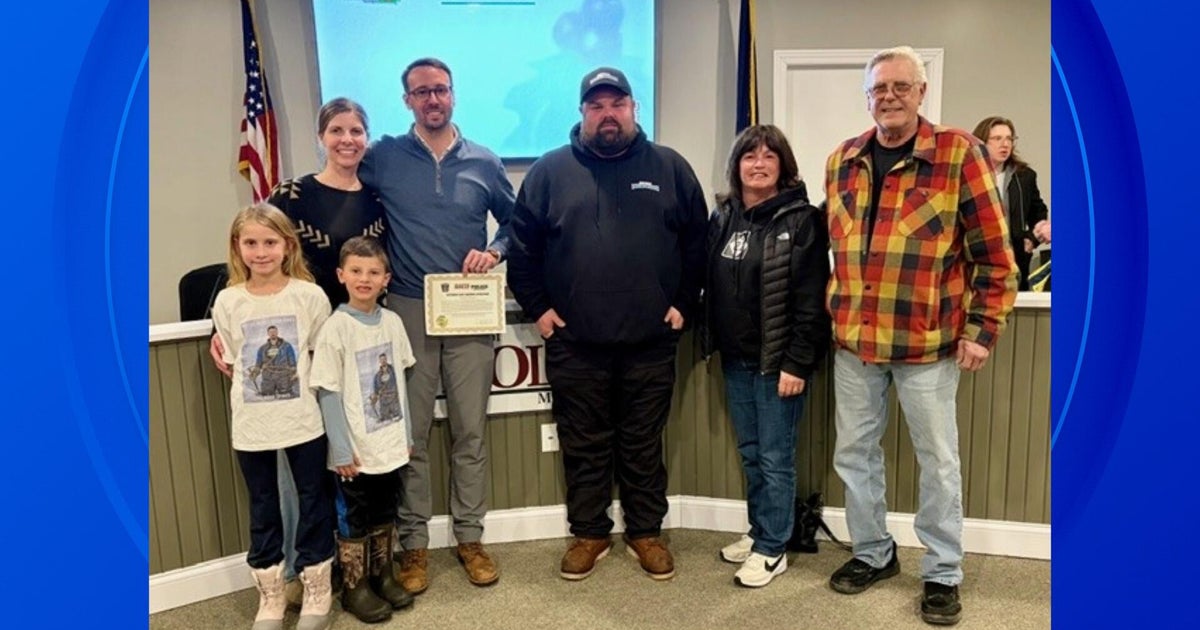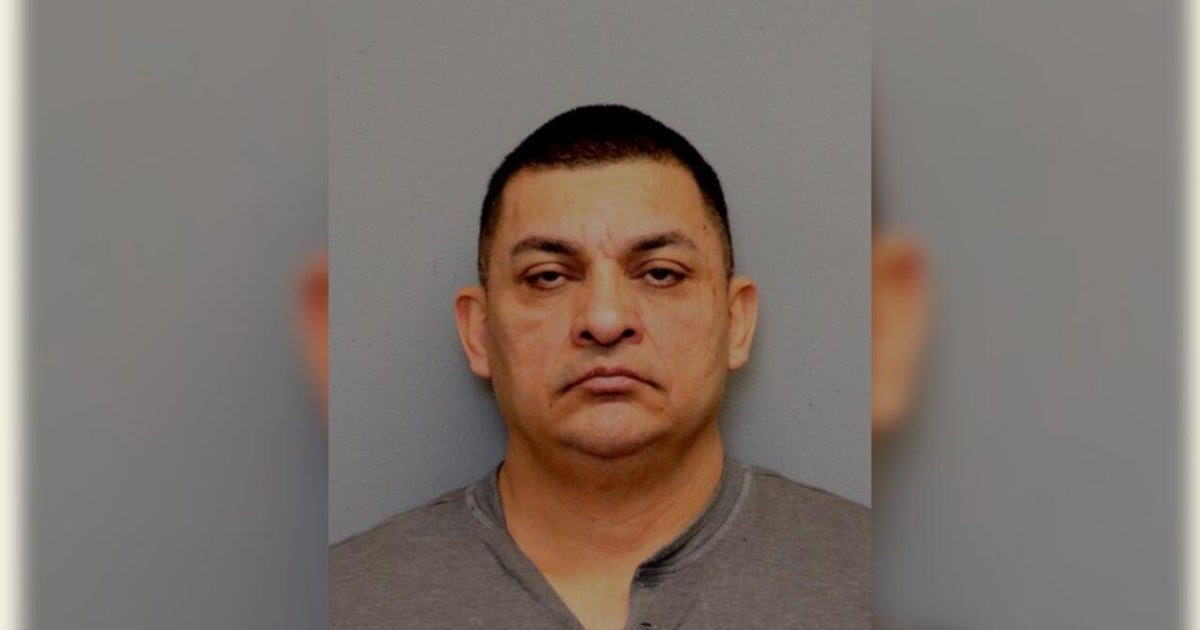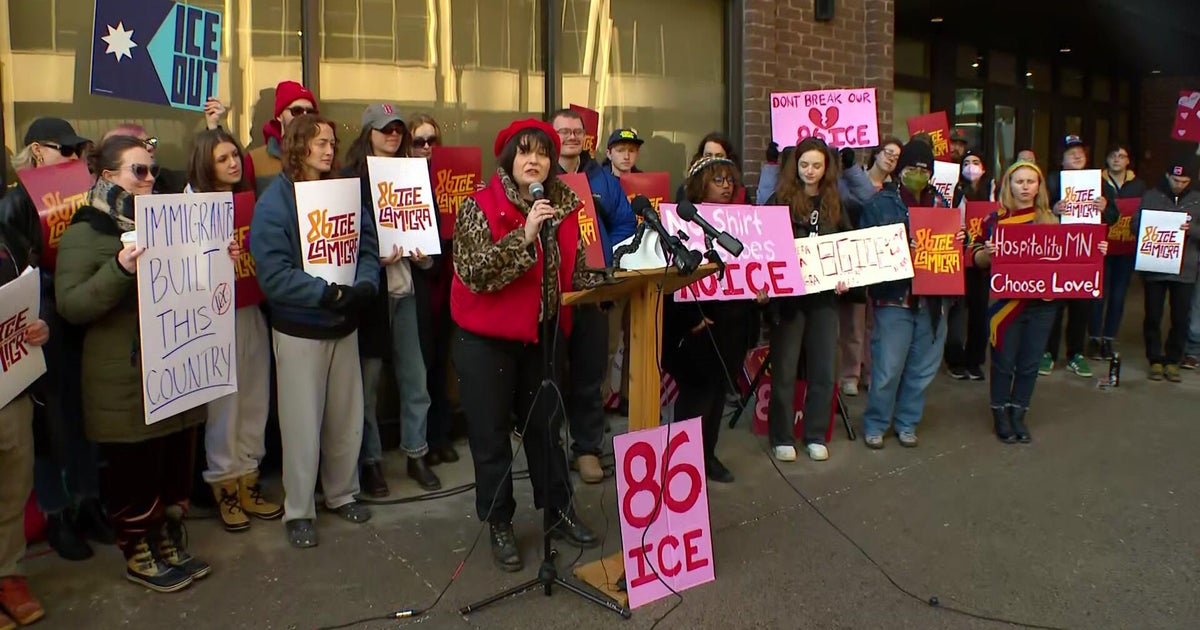Junot Díaz Was An Awful Man? Who Is He Now?
(CNN) — Whenever they talk on the phone, even before she says his name, Pulitzer Prize winner and official MacArthur "genius" Junot Díaz's mother begins, "I'm very disappointed in you." I heard him tell that anecdote at a recent book signing, along with the addition that she tells him he used to be cute, but that he traded his face for his brain. It's very immigrant, very Latina, and very New Jersey. In their next phone call, perhaps she'll expound upon that perennial disappointment. Díaz, who is proudly Dominican-American and of African descent, wrestles in both his fiction and his essays with regret and remorse about having grown up on what one might call the "island" of toxic masculinity, that Alcatraz of a finishing school.
The post-#metoo reckoning has now come for Díaz — the author of "The Brief Wondrous Life of Oscar Wao," "This is How You Lose Her," and "Drown" — as it is coming for so many others. Some by choice and others by dint of being exposed, men are coming to terms with their own boorishness and brutality, the monster within and the monster next door. The way Aya de León put it in a recent blog post about Diaz resonates most with me: "I want to raise the bar on who men can be and how they can show up to take down the patriarchy, regardless of how deeply they have participated in misogyny in the past." Exactly this. Díaz, both a survivor of abuse and a purveyor of it, can be a fulcrum of healing -- if we let him.
For Diaz, the reckoning didn't happen by choice, and the allegations range from verbal abuse to sexual misconduct. Over a group dinner, tweeted novelist Monica Byrne, Díaz yelled at her in a "bizarre, disproportionate, and violent" way; on Facebook, she labeled their strong disagreement as "verbal sexual assault." Another woman, short story writer Carmen Maria Machado, said on Twitter that Diaz lashed out at her after she questioned one of his protagonist's relationship to women. A third woman, novelist Zinzi Clemmons, whose allegations at a book event and then on Twitter prompted the posts from Byrne and Machado, said he forcibly kissed her when she was a graduate student at Columbia University.
A fourth woman, Alisa Valdes, a former Boston Globe writer turned novelist, detailed in a blog post her fuller sense of Diaz's behavior. In her telling, Díaz suggests going to her apartment to assess her manuscript and they have consensual sex — because, she said, "I thought we were soul mates. Two bright rising star Latino writers. Similar politics. Similar styles. I told him this. He said he agreed." He went back to New York. She visited. And then he asked her to clean his kitchen, because his depression was too debilitating. She says she called him out and he replied: "Sweetie, you can take the man out of the D.R., but you can't take the Dominican out of the man."
Díaz was an awful human being, by these women's accounts and by his own. Nobody is arguing against that. These alleged incidents, however, span from 4 to 22 years ago. Who is Díaz today? Isn't this conversation between Diaz and Boston Review associate editor Avni Majithia-Sejpal, in which he analyzes Donald Trump's sexual shamelessness and comments on the public exposure of patriarchy, what a convert to feminism sounds like? Isn't this what, in this discussion of the power structures of feminism and white supremacy, a reformed misogynist acts like when he indicts the taboo of calling out patriarchy as lethal to women?
These are bigger questions than they may seem at first, because we know who we want women to be in the #metoo era: brave, candid, comforted, confident, empathetic, heard, persistent, seen, trusted. But what of the men? What do we want men in the #metoo reckoning to be, besides apologetic and broken and punished -- do we even know? Don't we want them to be better? In Díaz we have a man who is working out his betterment in public, assuredly as a template for other wounded and hurtful men — especially immigrant men, English-as-a-second-language men, men of color, and other literary men who are protected by the safeguards of their white privilege.
Through his literary agent, Nicole Aragi, Díaz responded in a statement to the New York Times: "I take responsibility for my past. That is the reason I chose to tell the story of my rape and its damaging aftermath. This conversation is important and must continue. I am listening to and learning from women's stories in this essential and overdue cultural moment. We must continue to teach all men about consent and boundaries." He didn't say he was sorry. And a writer, especially one of his stature, should know better than to call prepared remarks mediated through a literary agent a "conversation."
The best clue to his thinking is his writing. And Diaz's recent follow-up to all his quasi-autobiographical misogynist fiction has been a career about-face: "Islandborn," a children's book about Lola, an immigrant schoolgirl from a Caribbean island who is tasked with remembering her homeland, a place she left when she was too young to remember. The book has a compelling scene in which Lola, alone in an elevator, calls out to her lost memories of the Island, like a cat — "But like a cat, the Island did not come."
Díaz these days is similarly calling out into the darkness, calling for his innocence and humanity, for the person he was before the time when, as an 8-year-old boy, he wondered why he got an erection while being raped twice by a trusted adult. He recounted the assaults in "The Silence: The Legacy of Childhood Trauma," a recent New Yorker piece, writing that they pushed him to suicide attempts. Byrne, one of his accusers, called that New Yorker confession Díaz's "long 'I know #metoo is coming for me so I'd better get ahead of it' essay" (a deeply cynical opinion held by some journalists as well).
Díaz surely knows his trauma can explain his actions without excusing them. He also knows the savage skepticism directed towards misogynists in the process of becoming reformed. "Do men receive societal power because of misogyny? Absolutely," argued Teresa Jusino on feminist blog The Mary Sue. "But they lose their right to vulnerability in the process."
Reckoning must give way to redemption, or else what good is it? At what price do Díaz and all the men like him get to expel their inner demons? Under what terms? "Remembering is not as powerful an engine for the creation of identity as forgetting is," he told a newspaper in April. "Really, one cannot emphasize enough how profoundly we are shaped by what we decide to forget."
Before her tweets, Clemmons confronted Díaz during a Q&A at a literary festival in Sydney on Friday. She grabbed a microphone, didn't introduce herself, and asked why he had harmed her. As he answered, she dropped the mic and left the room, calling his response "bullshit," according to Vulture. The Twitterati and the thin media reports based on tweets have largely condemned Díaz as monstrous. Some bookstores have pulled him from their shelves. "We need to have a more vigorous debate than simply saying 'Junot Díaz is cancelled,'" lamented renowned feminist writer Roxane Gay on Twitter, "because that does not cancel misogyny."
In "Islandborn," there is a monster on Lola's island, too. It is defeated, as all monsters are defeated, as Díaz writes: "Heroes rose up. Strong smart young women just like you, Lola, and a few strong smart young men, too."
Women are not magic. Latinos are not magic. Immigrants are not magic. Pulitzer Prize winners are not magic. The egalitarianism of monstrosity means that we are all, to varying degrees, wretched -- while also all being redeemable. That is the power of empathy blossoming into self-awareness. That is what sharing our humanity means. The briefly wondrous genius hero, it turns out, is just as human as any of us. Be disappointed in who a person has been if you must. Or see a person as who he is becoming.
"I am not who I once was," Diaz wrote in the New Yorker confessional, which was more of a step toward recovery than any absolution. "I'm neither the brother who can't touch a girl nor the asshole who sleeps around. I'm in therapy twice a week. I don't drink (except in Japan, where I let myself have a beer). I don't hurt people with my lies or my choices, and wherever I can I make amends; I take responsibility. I've come to learn that repair is never-ceasing."
At a certain point, all the speaking truth to power must give way to the powerful and privileged and devil-may-care transforming themselves into internal combustion engines of reckoning and repentance and resolve. We have to trust that we have stoked the flames enough, lest ash become the crucible's only product.
— Richard Morgan
The-CNN-Wire
(™ & © 2018 Cable News Network, Inc., a Time Warner Company. All rights reserved.)


